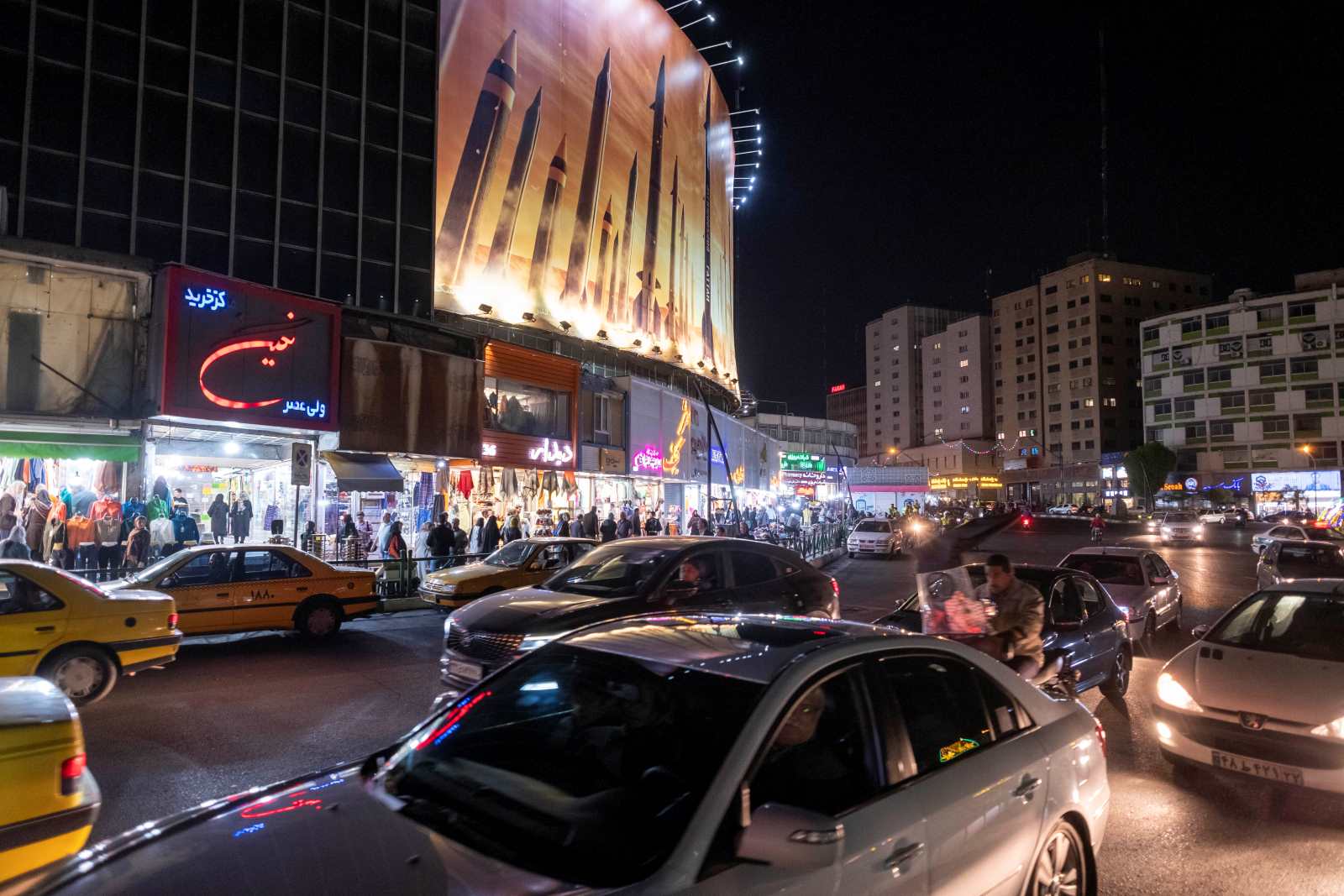The important ways in which AMLO differs from Trump
As regular readers of this blog will know, I very much appreciate the work of Jan-Werner Müller, a political science professor at Princeton University. His book “What is populism?” is excellent, and I reviewed it in 2017. Müller’s definition of populism is that:
- populist leaders feel free to define “the” people as they please,
- they argue that this supposedly homogenous entity is being exploited by parasitic minorities and abusive elites, and
- they claim that their own movement directly represents “the” people, promising to set things right once again and denying all other political forces any legitimacy.
As Müller points out, populists’ visions are inherently undemocratic. The reason is that every nation is made up of a diversity of interest groups. The idea of “the” people living in harmony with itself without any dispute is authoritarian because it marginalises anyone who does not agree with the populists. The promise is unrealistic, and the vision is authoritarian. It is ultimately about suppressing dissent. Müller convincingly argues that a populist leader’s rise to power always amounts to a constitutional crisis. The reason is that the new government will:
- be unable to fulfil the promises,
- continue to hound supposed "enemies of the peopl"e and
- do whatever possible to subordinate independent institutions like the judiciary or the press to its whims.
According to Müller, moreover, the anti-elite stance of populists is mostly hollow propaganda, as their policy agenda tends to be driven by social Darwinism. Social inclusion is not their goal.
Donald Trump obviously fits the pattern, but AMLO does not. His idea of the nation embraces diversity. He has promised to represent all citizens regardless of their wealth, their race, their place of origin, religious faith or their sexual preferences. Unlike Trump, he has not demonised minorities, but pledged to improve the lot of the poorest.
Whereas Trump’s notion of “the” people is divisive, AMLO’s approach is inclusive. This difference might explain why Trump only got 46 % of the vote in 2016, whereas AMLO apparently won at least 53 %.
It is true, that both Trump and AMLO rely on anti-elite rhetoric. So far, however, Trump’s policies have been anything but anti-elite, and his anti-corruption rhetoric is obviously hollow, given that his family business is benefiting financially from his presidency, and he refuses to publish his tax returns. By contrast, AMLO, a former mayor of Mexico City, is not known for shady deals. His reputation, unlike Trump’s, is clean.
Both leaders’ campaigns had in common that they denied the legitimacy of other political forces. The difference, however, is that Mexico’s establishment is indeed discredited. In the past 11 years, the war on drugs claimed 200,000 lives. In its context, all attempts to enforce the law have been counterproductive. This aggressive anti-gang campaign has actually resulted in more deeply entrenched drug lords. Increasingly, the criminal cartels have infiltrated government authorities and expanded into other businesses than drug trafficking. Corruption is widespread. It all adds up to statehood being fragile in some Mexican regions. This is a constitutional crisis, and it certainly started long before this election. Both the PRI and the PAN, the two parties past presidents belonged to, have largely lost the public's trust. In contrast, the Democrats in the USA are still a rather strong political party.
One thing I miss in Müller’s book is that it does not deal with the scenario of troubled democracies in which important political parties’ legitimacy is not fraudulently denied by their populist opponents, but have actually gambled away their legitimacy. In Mexico, the PRI and the PAN can no longer convincingly claim to offer solutions to the challenges of corruption and violent crime, so AMLO had ample reason to complain about “Mafia” influence. How could he not point out his opponents’ lack of legitimacy?
In a similar vein, I wonder how Democrats in the USA are supposed to treat the Trump-dominated Republican Party in the future. The Republicans have backed off from long-established norms of mutual respect as well as their own long proclaimed political principles (including, for example, family values, free trade or balanced budgets). How can Democrats not point out these double standards and the loss of legitimacy they imply?
How AMLO will perform in office remains to be seen. He will not be able to fulfil all of his promises, and some are worriysome. For example, he wants to cut the salaries of civil servants. That will prove difficult and – most likely – counterproductive. Governments that want to fight corruption must ensure that the civil service is paid well. While top-level bureaucrats may be overpaid in Mexico, lower-level administrative officers probably are not.
At this point, AMLO deserves the benefit of the doubt. He is facing huge challenges. It is a good sign that the candidates of the PRI and PAN have conceded that he won and have declared that they wish him well.
I’d like to conclude by adding one last thought: some media pundits warn that AMLO may contribute to destroying NAFTA and other trade agreements, should he clash with Trump on these matters. Such worries are overblown for one simple reason: at this point, Trump seems to be determined to disrupt the existing multilateral order as best he can. G7 leaders have been unable to contain his desire to do so. Trump obviously does not appreciate complex negotiations. If things go wrong, I’m pretty sure that leaders like Justin Trudeau, Angela Merkel or Emmanuel Macron will not be the persons to blame. Nor will AMLO.
Reference:
Müller, J.-W., 2016: What is populism? Philadelphia: University of Pennsylvania Press (in German: Was ist Populismus? Berlin: Suhrkamp).










